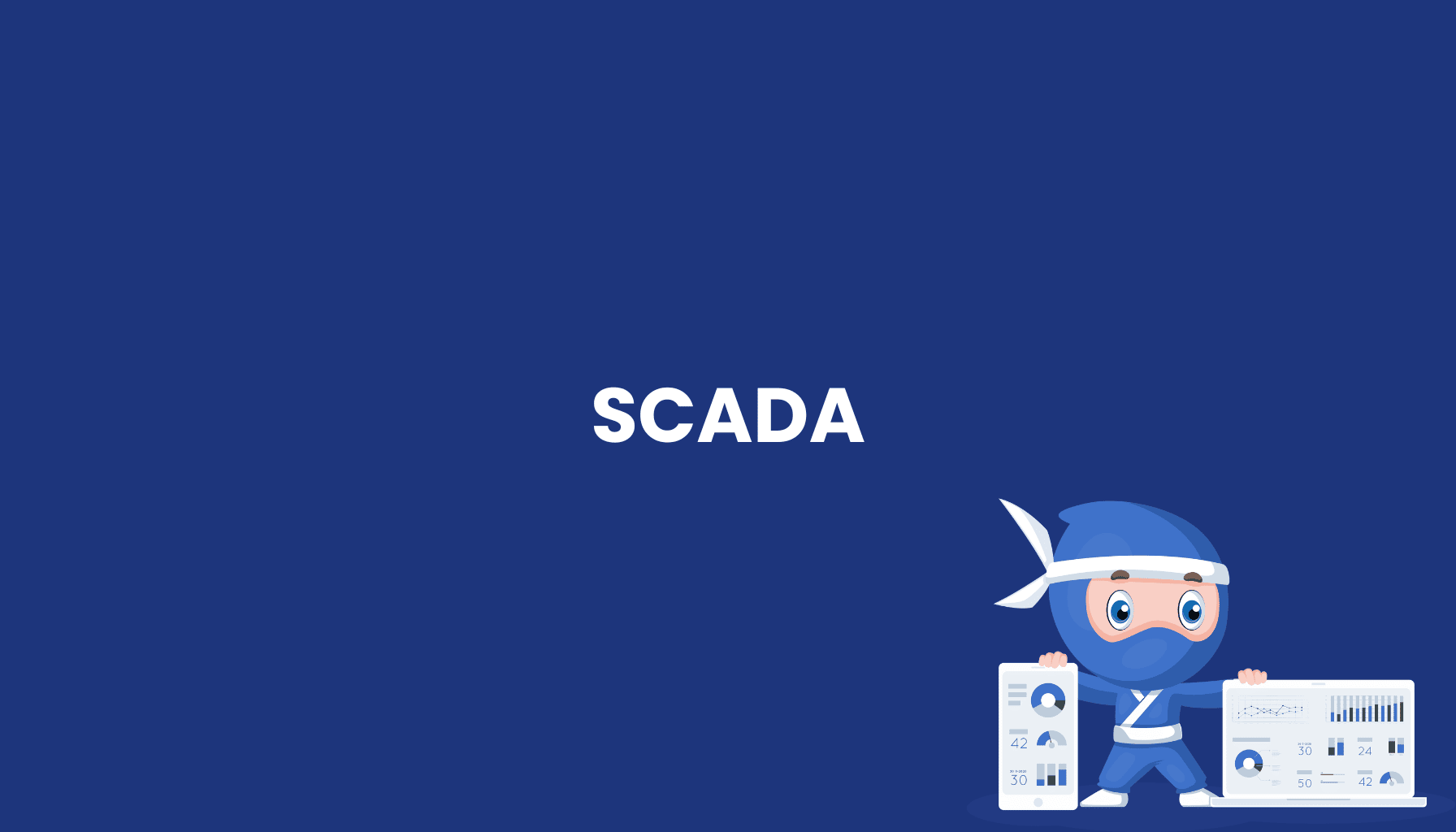What is Supervisory Control and Data Acquisition (SCADA)?
Supervisory Control and Data Acquisition (SCADA) is a centralized system for monitoring and controlling industrial processes. SCADA systems collect and analyze real-time data from sensors and devices, enabling remote management and optimization of production processes.
Advantages of SCADA
-
Real-Time Monitoring: SCADA continuously collects and analyzes operational data, allowing for immediate response to process changes.
-
Remote Control: SCADA systems support remote control of industrial operations, significantly enhancing operational flexibility and efficiency.
-
Process Optimization: Through a centralized platform, SCADA enables more efficient and improved production processes based on real-time data.
-
Data Analysis: Continuous data collection and analysis allows companies to make informed decisions and drive long-term process improvements.
-
Increased Safety: SCADA systems monitor critical parameters and instantly alert operators to anomalies, enhancing plant and personnel safety.
Conclusion
SCADA is an essential tool for real-time monitoring and control in production. It enables process optimization, increases operational efficiency, and ensures high safety standards in manufacturing environments.



